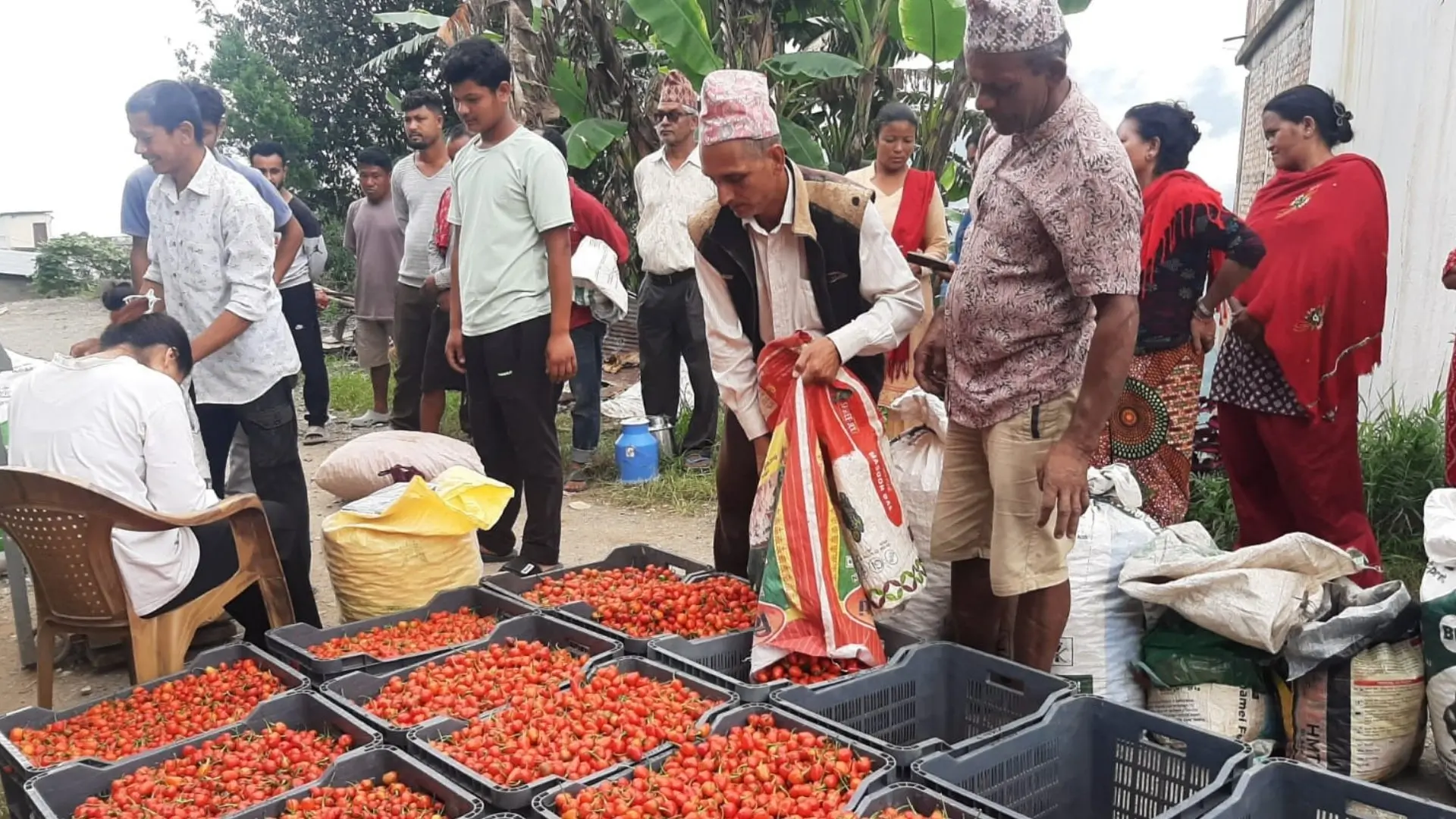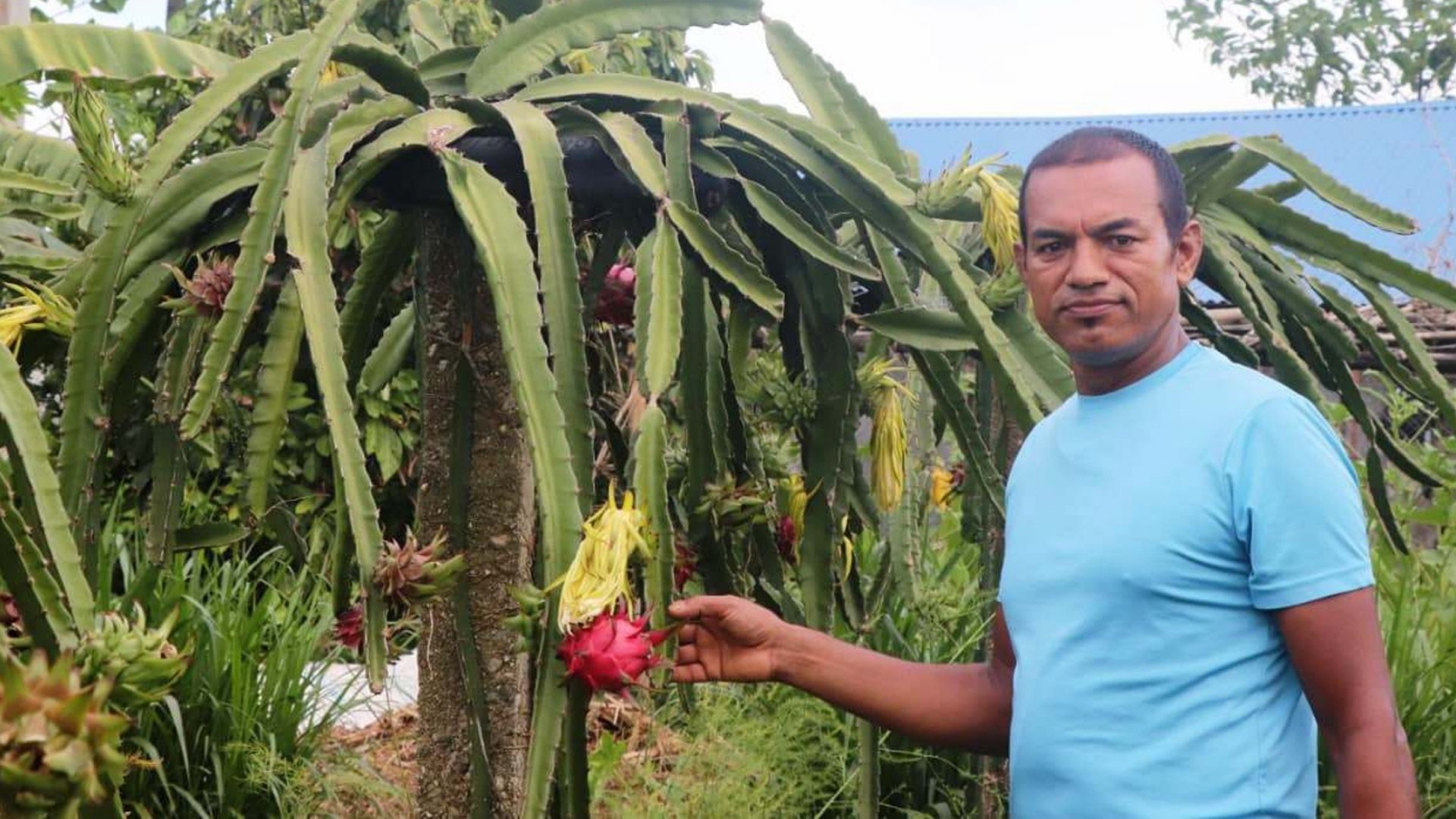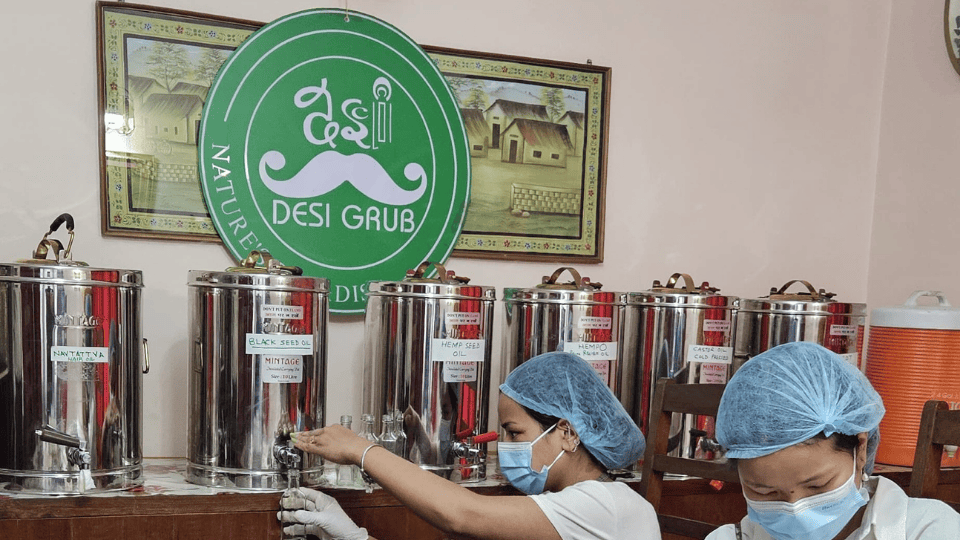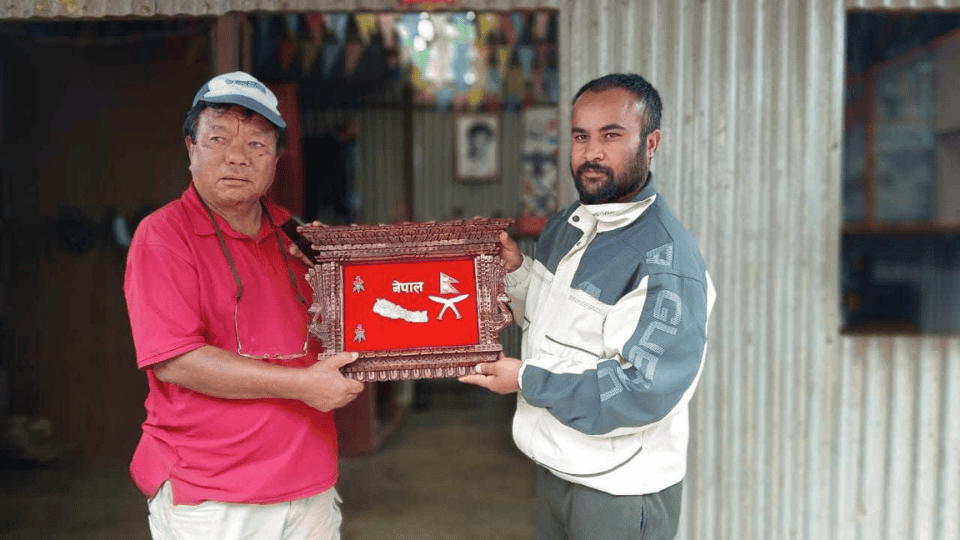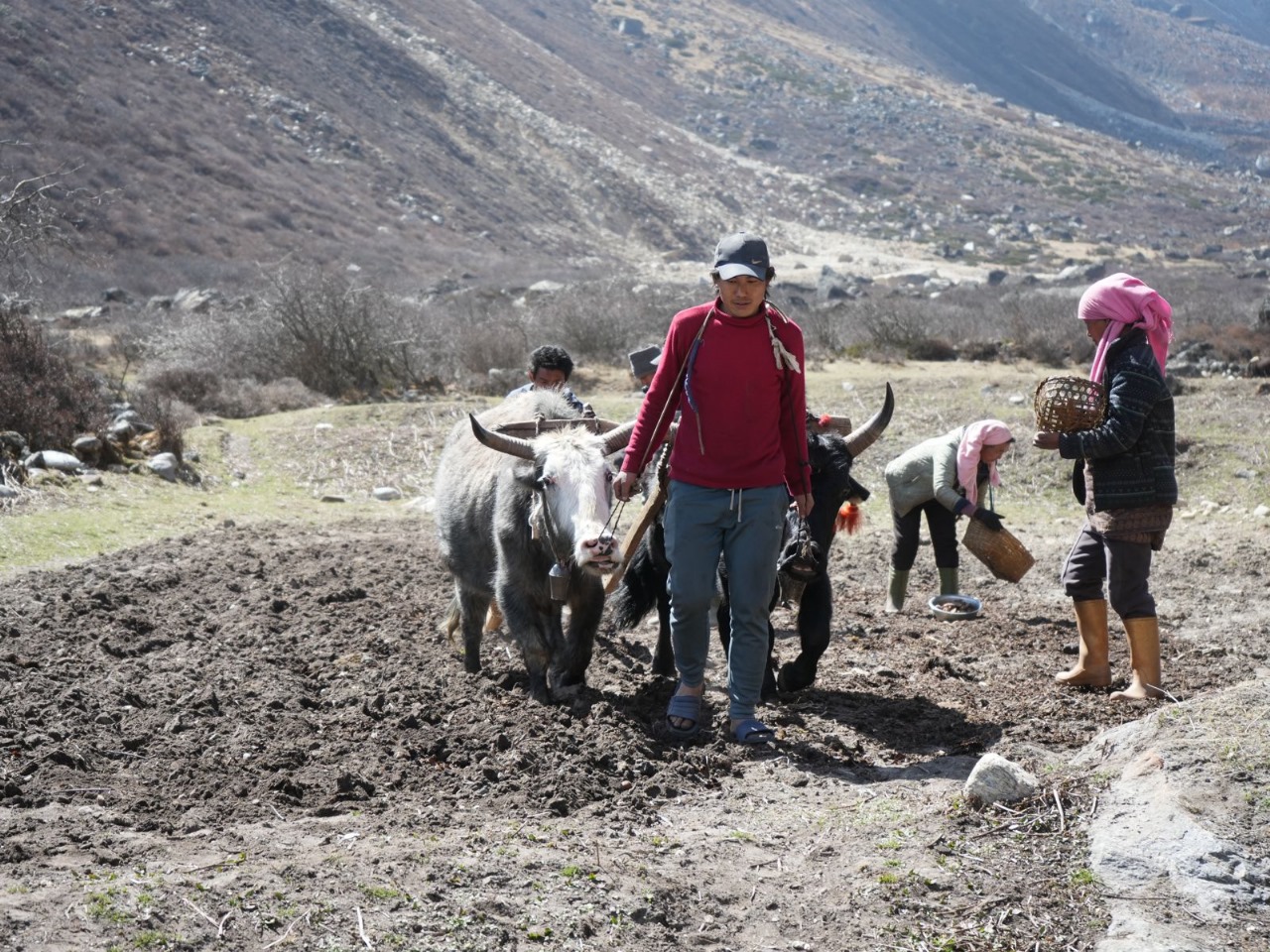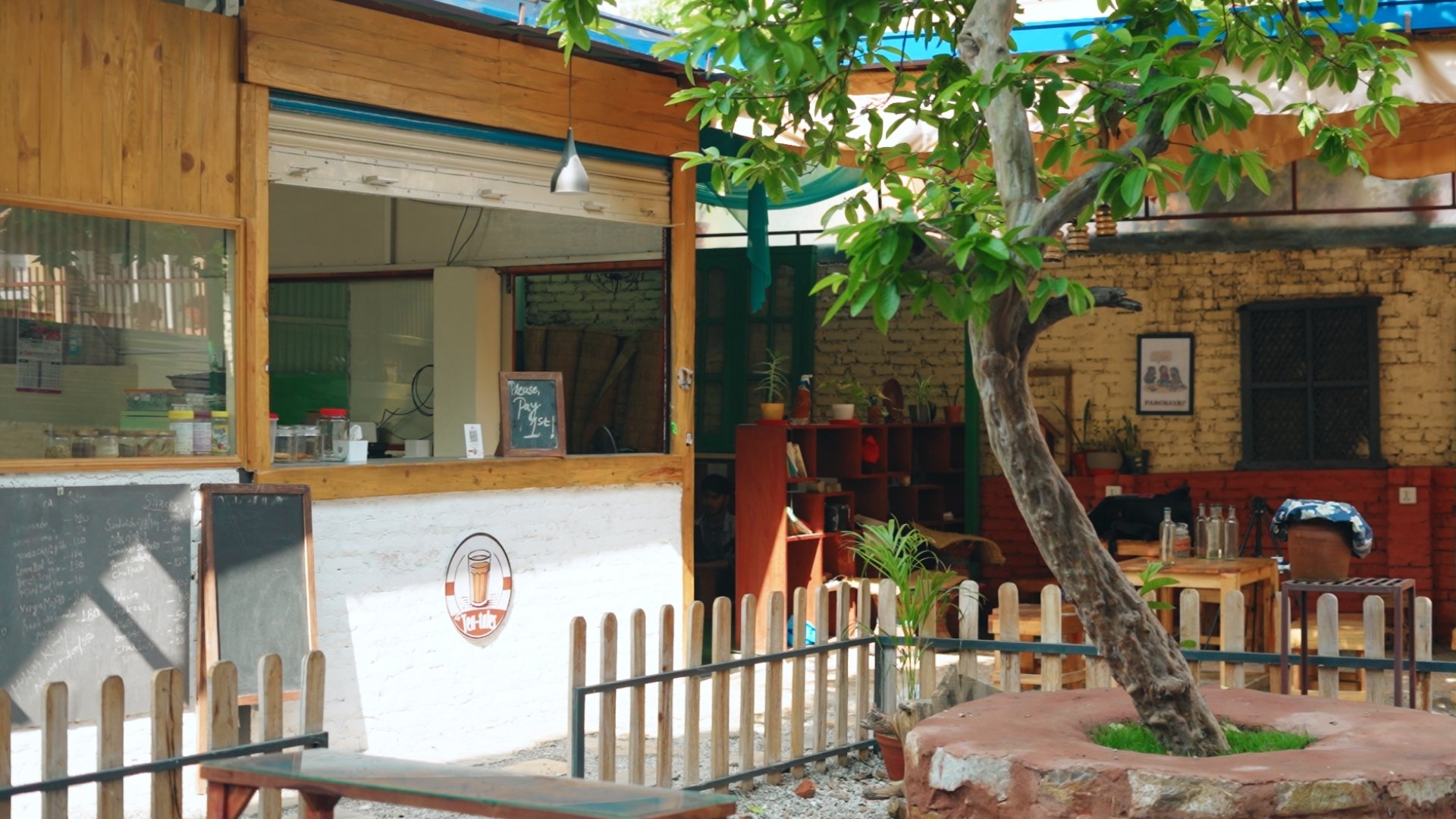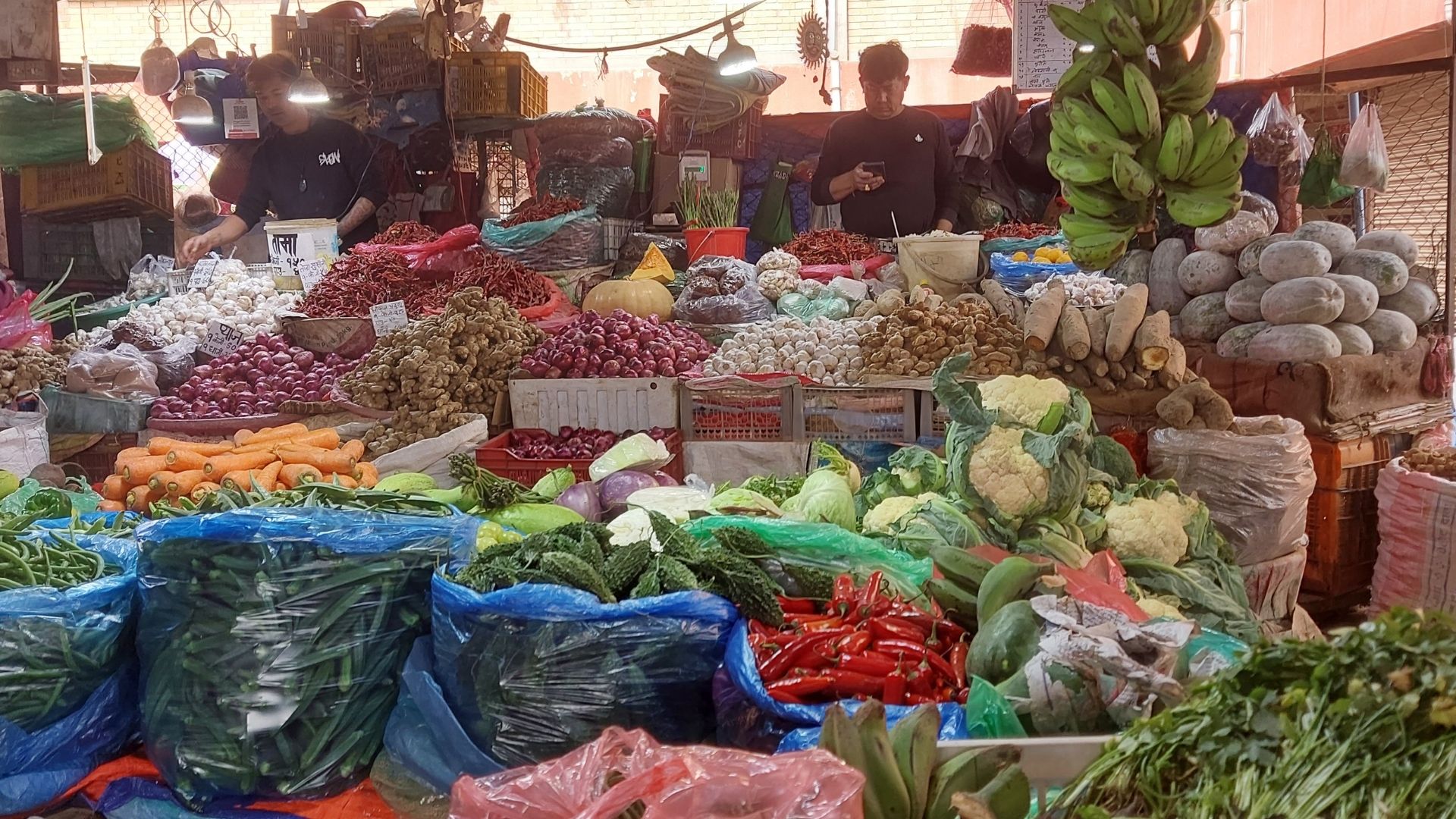Efficient storage and temperature control are essential for businesses dealing with perishable goods, seasonal inventory, or multi-location operations. For Nepali MSMEs, finding affordable, reliable storage—especially with cold chain capability—is often a barrier to growth.
Challenges in Nepal’s Storage Landscape
- Unreliable Electricity: Affects cold storage viability outside urban centers.
- High Urban Storage Costs: Warehouse rents in cities are prohibitive for small businesses.
- Lack of Rural Cold Chain Access: Particularly for agri-producers and processors in provinces 6 and 7.
Low-Cost Cold Chain and Warehouse Strategies
- Shared Warehousing: Collaborate with other businesses, cooperatives, or aggregators.
- Solar-Powered Cold Storage: Ideal for off-grid rural locations with frequent outages.
- Inventory Segmentation: Use low-cost storage for non-perishables and premium facilities only for sensitive goods.
Government and Development Support
Several agencies offer support for cold chain and warehouse infrastructure:
- Ministry of Agriculture and Livestock Development (MoALD)
- Provincial cooperatives and farming groups
- Development partners such as USAID, and Practical Action
“Investing in the right storage system is not an expense—it’s insurance for your products and brand.”
Start small. Even a single solar fridge or rented cold chamber can extend shelf life and protect your margins.


